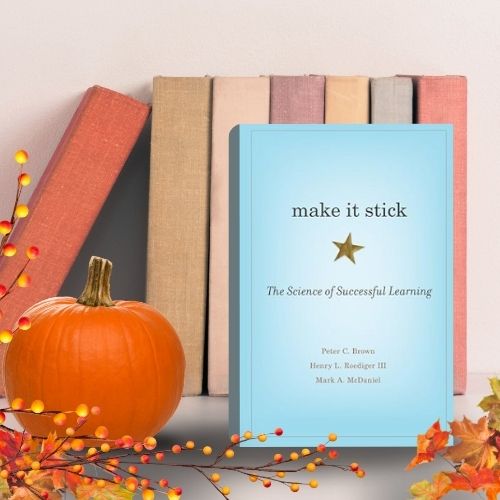Every few years, there comes along a new technology that seems to take the world by storm. It may seem like a novelty for those interested in using it. The new technology that came out in November is ChatGPT, which uses Artificial Intelligence to respond to almost any prompt that it’s given. It is not hyperbole to say that this tool has the potential to transform how we teach and learn.
We asked it to tell us “What is ChatGPT?” Here is its answer:
ChatGPT is a large language model developed by OpenAI that is trained to generate human-like text. It can be used to generate responses to prompts in a conversational context, such as in a chatbot or virtual assistant. It is based on the GPT (Generative Pre-trained Transformer) architecture, which is a type of neural network that is trained on a large dataset of text to learn patterns in language and generate new text that is similar to the input it has been trained on.
Some academics argue that with Open AI, the College Essay Is Dead. Others offer ideas for How ChatGPT Could Transform Higher Education. Many suggest the best way to address AI is to Put Learning at the Center, Change the Way You Teach, or incorporate AI into your classes and Use ChatGPT to its Full Potential.
Some think we should focus on banning, detecting, and punishing, but these strategies may be short-lived and perhaps short-sighted. Campus network bans will not work for cell phones or home computers. Detection will be difficult to prove beyond a shadow of a doubt because the same prompt yields a different response each time, and AI is constantly learning. Different AI companies will have varying levels of commitment to being detectable (i.e., digital watermarking). Companies whose primary goal is to make money may focus on preventing detection, so they are valuable to those seeking to avoid detection. As of today, copyright laws only pertain to human ownership over intellectual property.
One thing is for sure; the future is here. AI is not going away. The question is, “What will we do with it?”
Below is a sampling of links to recent articles on AI and ChatGPT. For much more information and resources, check out our webpage on Artificial Intelligence and ChatGPT.
We invite you to be part of the conversation. CTLE plans to offer a faculty panel to discuss the issues and opportunities which AI may offer as well as how these might affect professors at Saint Leo. If you’ve begun to check out AI and how it might impact your classes, and you’d be willing to serve on the panel, please let us know. Otherwise, stay tuned….
Overview
• Educator Considerations for ChatGPT – OpenAI API (Published by OpenAI)
• Ten Facts About ChatGPT | Welcome to TeachOnline
Teaching and Learning
• AI and the future of Teaching and learning | Welcome to TeachOnline
• Why I’m Not Scared of ChatGPT (chronicle.com)
• ChatGPT and AI text generators: how HE can respond | THE Campus Learn, Share, Connect (timeshighereducation.com)
• Teaching: Will ChatGPT Change the Way You Teach? (chronicle.com)
Articles about Detection Tools
• Cheaters beware: ChatGPT maker releases AI detection tool | AP News
• How to Detect OpenAI’s ChatGPT Output | by Sung Kim | Geek Culture | Dec, 2022 | Medium






